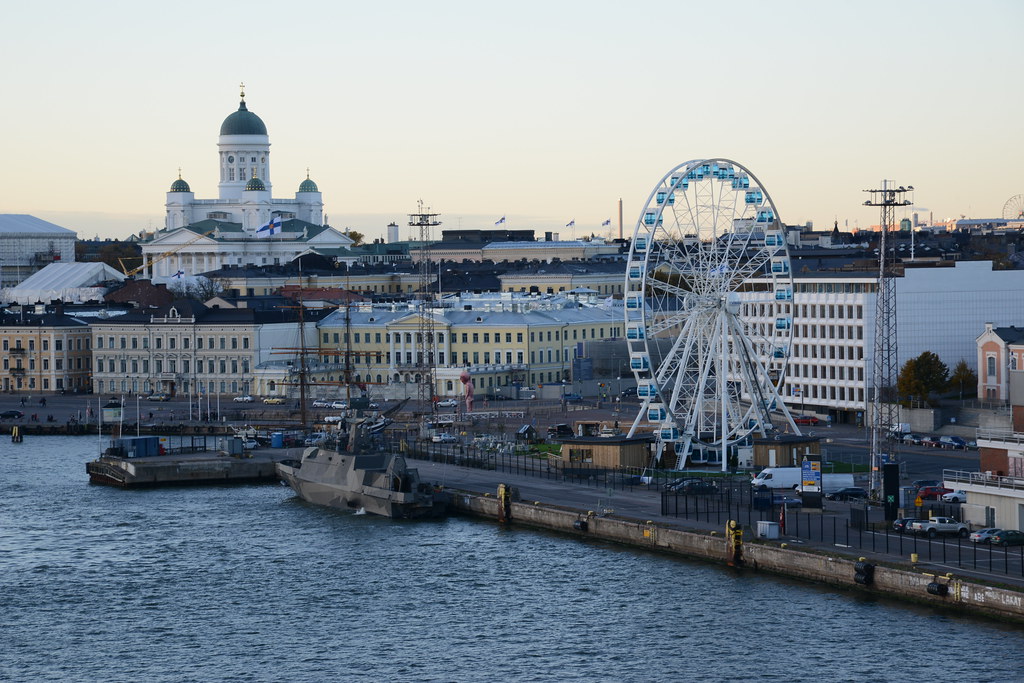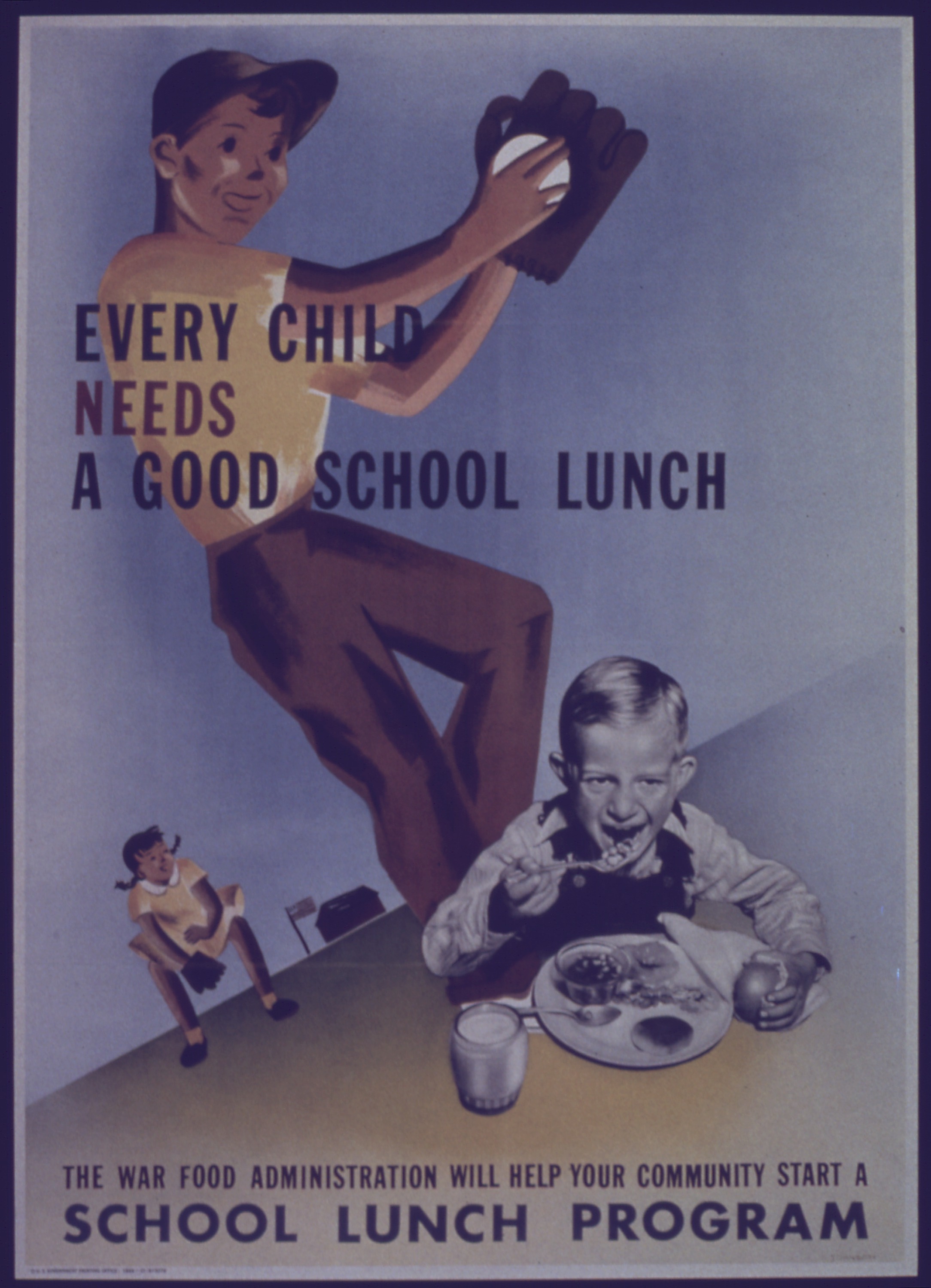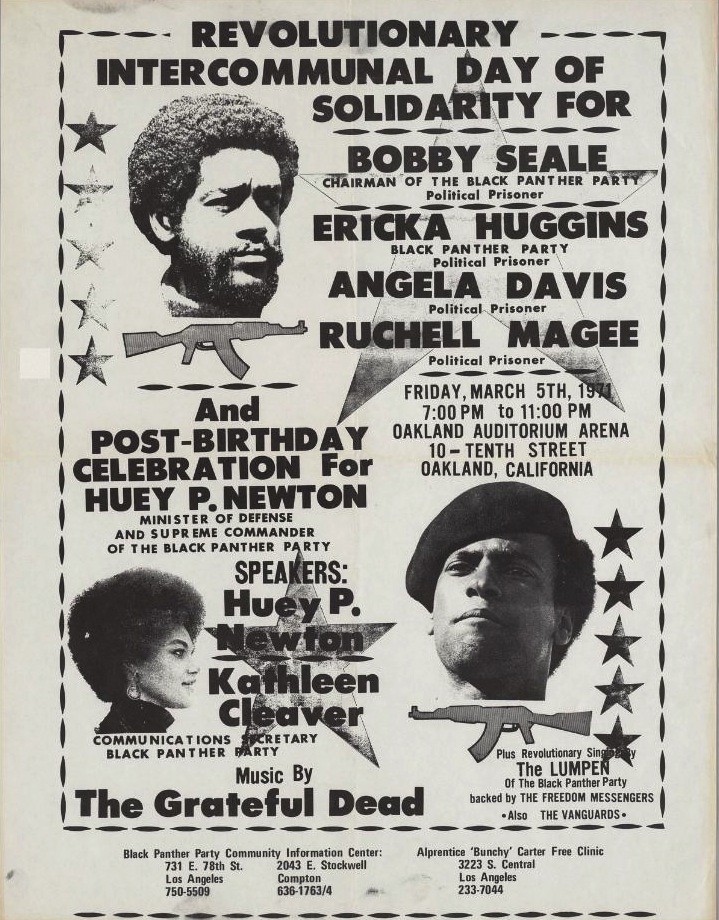Greetings from Helsinki, y'all!

[Helsinki is a BEAUTIFUL city, with a theme park and Ferris Wheel in its city limits. That's pretty neat!]
Earlier in my blogging, I posted about two of the contributing factors that helped establish the National School Lunch Program - if you need a refresher, see here. Today I am posting about the remaining factors, which all have to do with more "social" issues in nature. So, here we go!
"Local Custom" for States: Discrimination against Black and low-income children
When President Truman signed the National School Lunch Act in 1946, he said that "No nation is any healthier than its children." While this quote suggests that the US tried to improve the diets of all American children, the NSLP only provided specific populations with free lunch.
Let's go back in time to 1940s America.

1940s-America was extremely racialized and segregated, with Southern schools still following the "separate but equal" principle. This intense discrimination translated over to the NSLP, as the National School Lunch Act only received bipartisan support when state governments were given all of the power over the program, allowing Southern states to discriminate against its students. When the bill was debated in the mid-1940s, Southern senators demanded that "local custom" be prioritized in the NSLP. "Local custom" referred to decentralization, or allowing state officials to have complete autonomy over the program. This would allow each state to have its own "local custom" in the NSLP ... which meant discriminatory practices for Southern states, as state representatives selected which schools received funding for lunches.
A few Congressmen tried to use the NSLP to fight against segregation. New York Senator Adam Clayton Powell proposed an anti-discrimination clause to the bill, requiring that the federal government monitor the program and penalize states that supported segregation. However, Powell garnered little support; the more popular belief was that an anti-discrimination clause would "destroy our (Southern states') separate school system and ... force Negro equality upon us" (Mississippi Representative John Elliot Rankin). Southern Congressmen did not want to participate in the NSLP if it required desegregation.


[Oklahoma City, 1939: the sign alludes to the racial segregation and discrimination present in the US]
A few Congressmen tried to use the NSLP to fight against segregation. New York Senator Adam Clayton Powell proposed an anti-discrimination clause to the bill, requiring that the federal government monitor the program and penalize states that supported segregation. However, Powell garnered little support; the more popular belief was that an anti-discrimination clause would "destroy our (Southern states') separate school system and ... force Negro equality upon us" (Mississippi Representative John Elliot Rankin). Southern Congressmen did not want to participate in the NSLP if it required desegregation.

[Oh really, every child?]
So, for the next 20 years, senators allocated money towards White, upper-class school districts while allocating none to Black, poor districts. The decentralized structure of the program allowed for racially-segregated states to “lawfully” deny lunch to Black and low-SES children. In essence, this rendered the NSLP ineffective for a long time; the program served as a false provision for those most in need, because the neediest children received no lunches.
This was rectified in the 1960s, granting all children access to lunch. However, I want to briefly note something historically significant (ok, I really want to say, "cool") that came out of discriminatory lunch practices: The Black Panther Party.

[Black Panther Party Poster]
The Black Panther Party was a Black nationalist and socialist organization that started in 1960s - read more about them here. Its founding was motivated by two main principles: Police brutality against Black people (Interesting - and disheartening - how history repeats itself, huh?) and discriminatory lunch practices. Due to the lack of school lunches, the party started serving free breakfast to Black children in Oakland, California. The breakfast program "formed the party's central organizing strategy and stood as its most enduring legacy" (Levine, 140), and filled the bellies of over 20,000 students daily. While the Panthers should not have needed to serve children in the first place, it provided extra fuel for the Civil Rights Movement.
I'll be posting about Italian school lunches very soon - the information I've learned has been so vast, that I've been trying to structure it in bite-size pieces (hehe, so punny) for you all. Thank you for your patience!

Thank you for this post! My university students have been asking me about the history of the NSLP and the Black Panther Party as we're studying Assata Shakur's autobiography. Can you share any of the sources you used, or that would help someone else understand this history? tessapitre@gmail.com
ReplyDelete